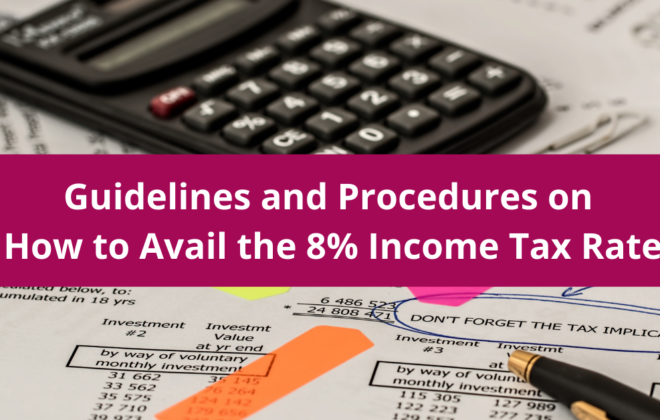Tips on How to Manage Company’s Payroll in Compliance to Government Regulations
Business owners must follow the different labor laws implemented in our country. The Department of Labor and Employment (DOLE) implements laws promoting employees’ welfare. At the same time, the Bureau of Internal Revenue (BIR) enforces our tax laws on compensation income.
It is essential to comply with various labor laws to avoid penalties and to ensure that all our employees are paid on time, and their salaries are computed correctly.
To keep you on track in the complicated world of HR compliance, here are five tips to keep you in the right direction.
1. Update employees’ records regularly
It is vital to maintain correct employee records – from personal information to professional training and promotion.
Changes in the number of dependents can affect the employees’ withholding tax and SSS or Pag-ibig premium. If employers do not deduct the correct income tax or SSS premium, they might get into deep water with BIR or SSS.
Regardless of the change in an employee’s status – a recent promotion, change in a department, or simply taking time off for vacation leave, as far as the employee’s records are concerned, everything should be updated.
2. Know the latest labor and tax laws
Labor and tax laws change regularly. As a business owner, you must keep abreast of current legislation affecting the labor sector.
You must attend seminars or watch webinars to help you enhance your knowledge. Attending face-to-face workshops or conferences will help you learn the recent regulatory changes, best practices on payroll, etc.
3. Compute and payout employee’s salaries accurately
Who would allow receiving a salary lower than the amount he is expecting to receive?
Usually, an employee’s salary is fixed however, there are instances that we need to make an adjustment (absences, tardiness, Overtime, etc) and it is imperative that whatever the case, you must compute and pay the employees correctly.
Keep in mind that many employees are fixed-income earners and some even live paycheck to paycheck. Household expenses are budgeted to last until the next payroll cycle. Thus, it is important for the employees to receive the correct pay. A few days/ weeks delay in salary may cause financial difficulties.
4. Deduct employees’ taxes and premiums correctly
The government requires employers to withhold income tax, SSS or GSIS, and Pag-ibig premium contributions from their employees’ pay. The deductions must be remitted to the concerned government institutions on time.
Moreover, you must file the required documents to these government agencies to update the employee’s premium contributions accordingly.
5. Find a good and reliable Accountant.
Payroll can be a complicated function but staying compliant is non-negotiable. If you do not have the expertise and want to avoid possible exposure, then finding an accountant is the best option.
Outsourcing your payroll function to a professional will give you the peace of mind that your company is tax and labor-compliant.
Getting professional help and knowing the laws will also help you avoid tax troubles and promote positive employee morale.
Need help with payroll compliance and updates on labor laws?
Just email us at info@djkaaccounting.com for more details about outsourcing your payroll.
Recent Posts
- How to Process the Sworn Declaration Required by BIR for Electronic Marketplace Sellers
- Understanding Tax Compliance for e-Marketplace Businesses
- Who Needs to Submit GIS to the SEC?
- Understanding these Financial Ratios for Business Decision-Making Purposes
- What you Should Know about the Ease of Paying Taxes Act





